We've found 997 matches for your search. Order by
Results
-
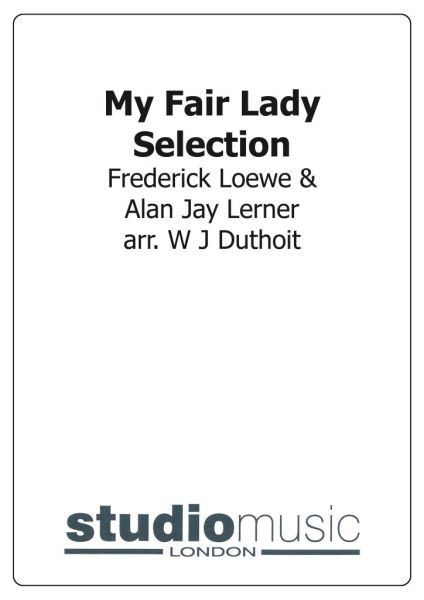 £44.95
£44.95My Fair Lady Selection
Includes: With a Little Bit of Luck; On the Street Where You Live; Wouldn't It Be Loverly; Get Me to the Church on Time; I've Grown Accustomed to her Face; I Could Have Danced All Night.
Estimated dispatch 7-14 working days
-
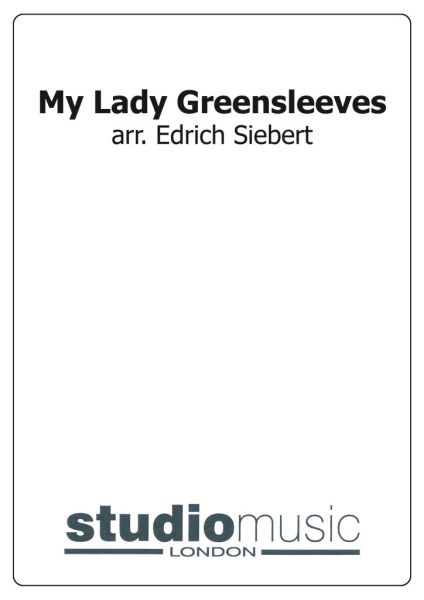 £32.95
£32.95 -
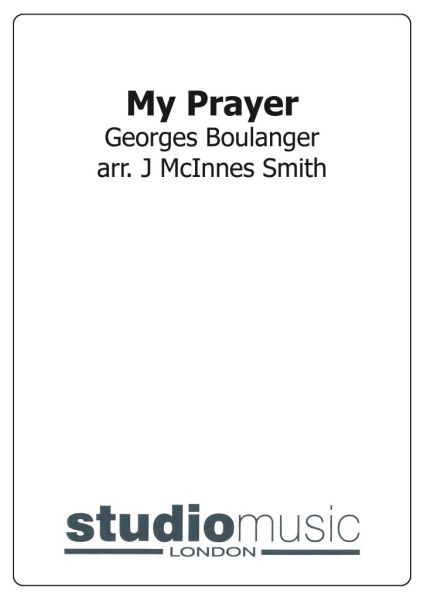 £24.95
£24.95My Prayer
This set is march card sizedFounded on the famous melody Avant de Mourir
Estimated dispatch 7-14 working days
-
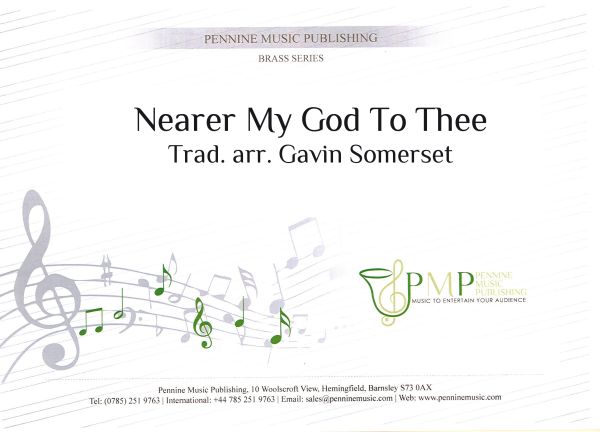 £17.50
£17.50Nearer My God to Thee
Estimated dispatch 7-14 working days
-
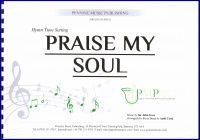 £19.50
£19.50Praise my Soul
Estimated dispatch 7-14 working days
-
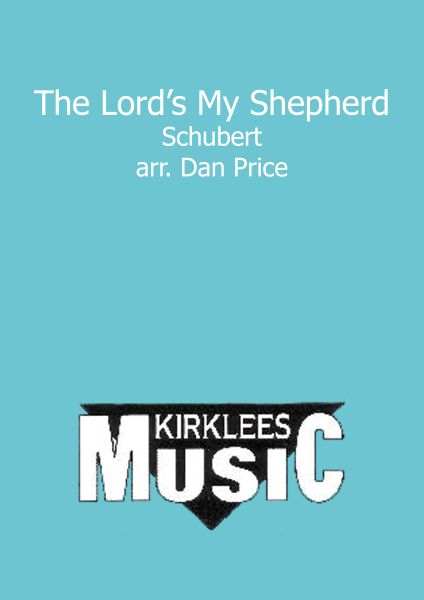 £30.00
£30.00The Lord's My Shepherd
Estimated dispatch 7-14 working days
-
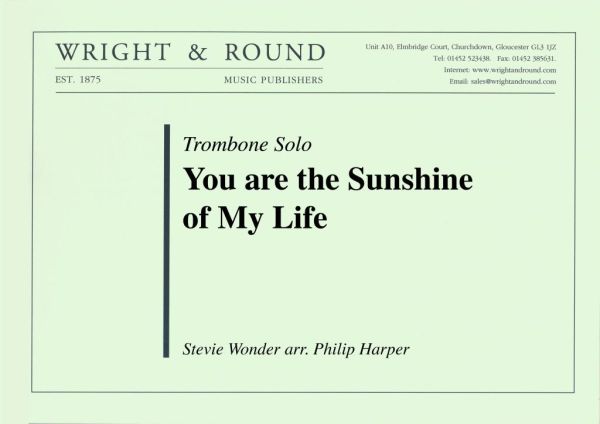 £33.00
£33.00You are the Sunshine of My Life (Score and Parts)
Estimated dispatch 7-14 working days
-
£28.00
I Vow To Thee, My Country - Gustav Holst - Bertrand Moren
Je me devoue a toi, mon Pays / Ich gelobe dir, mein Land
Estimated dispatch 7-14 working days
-
£16.00
-
£28.00
